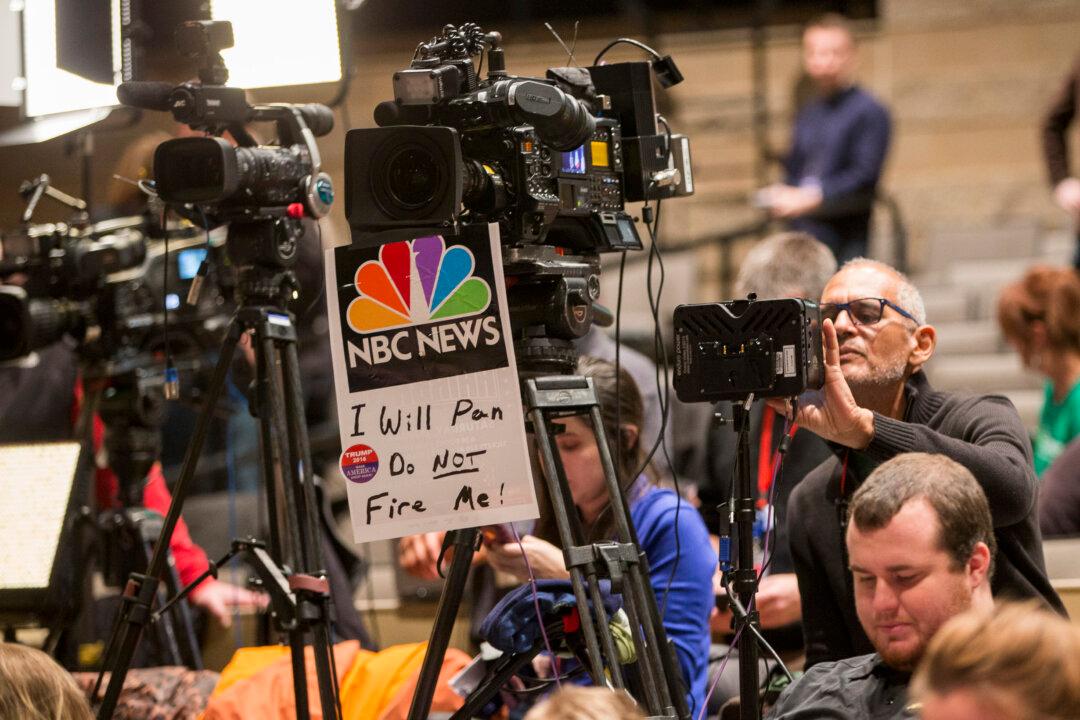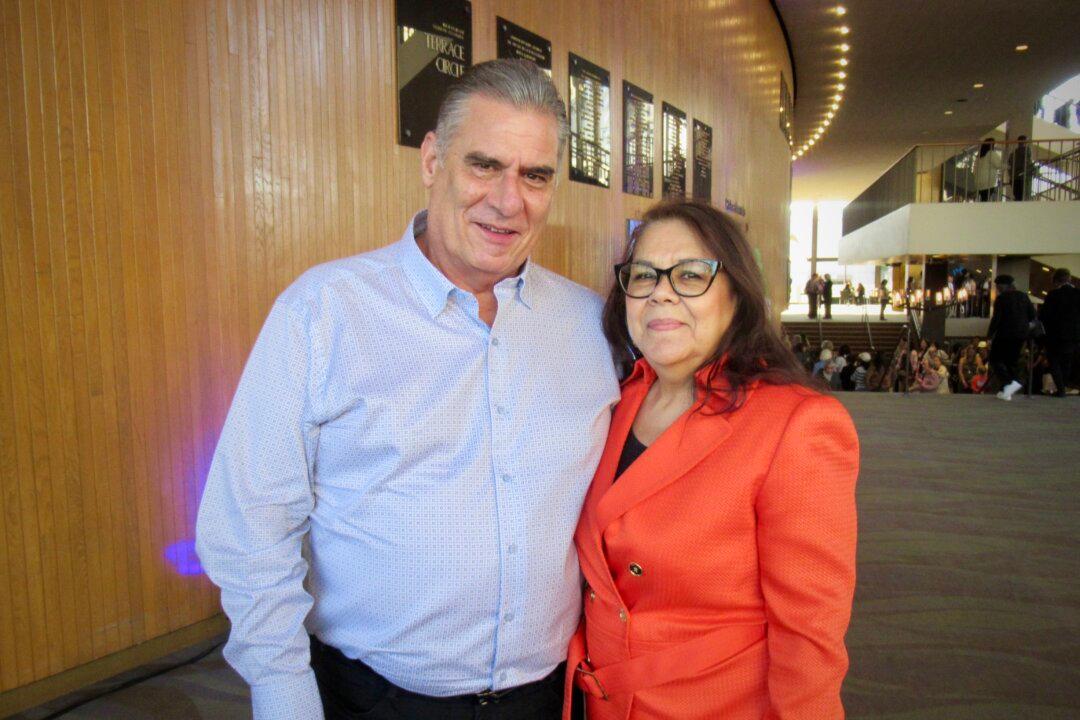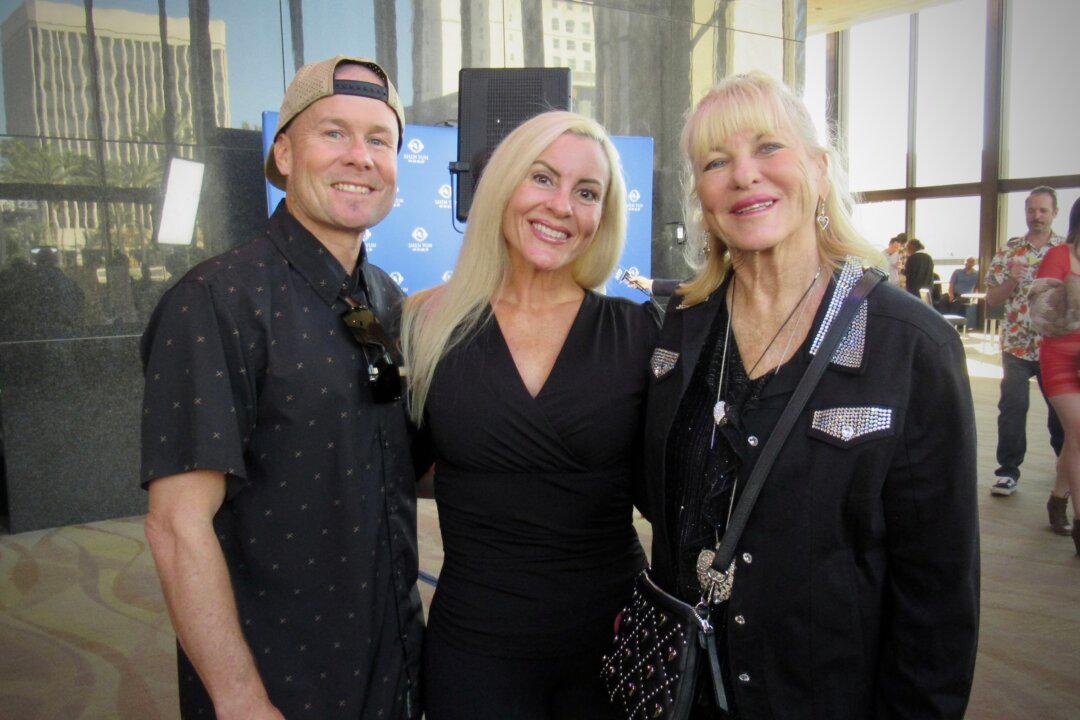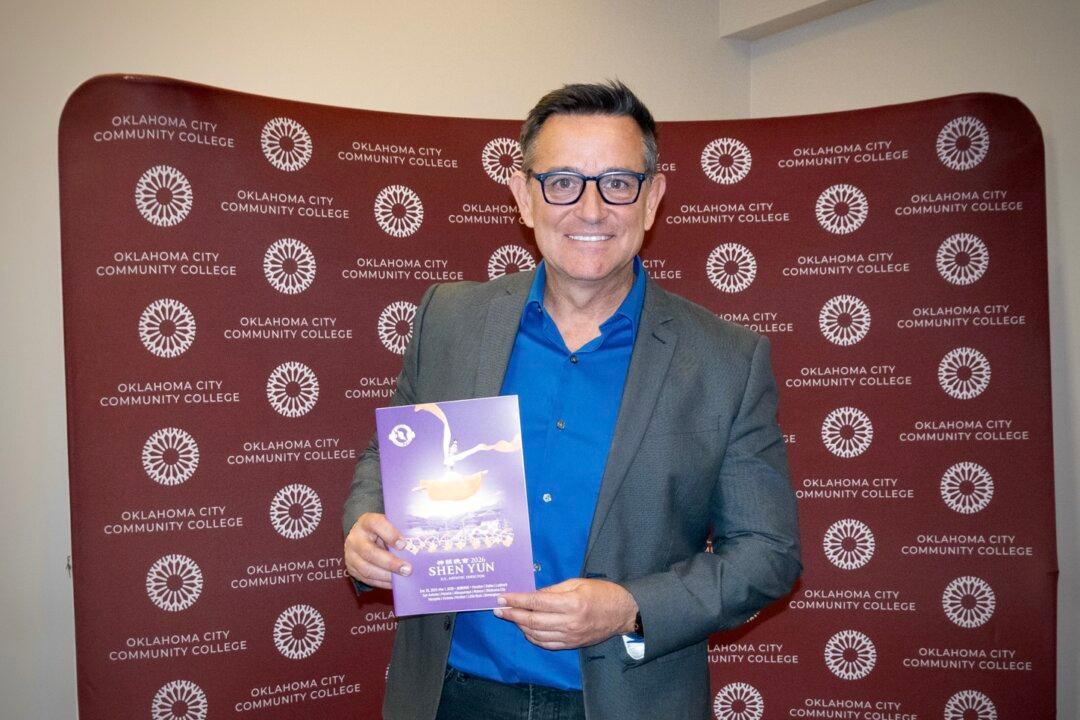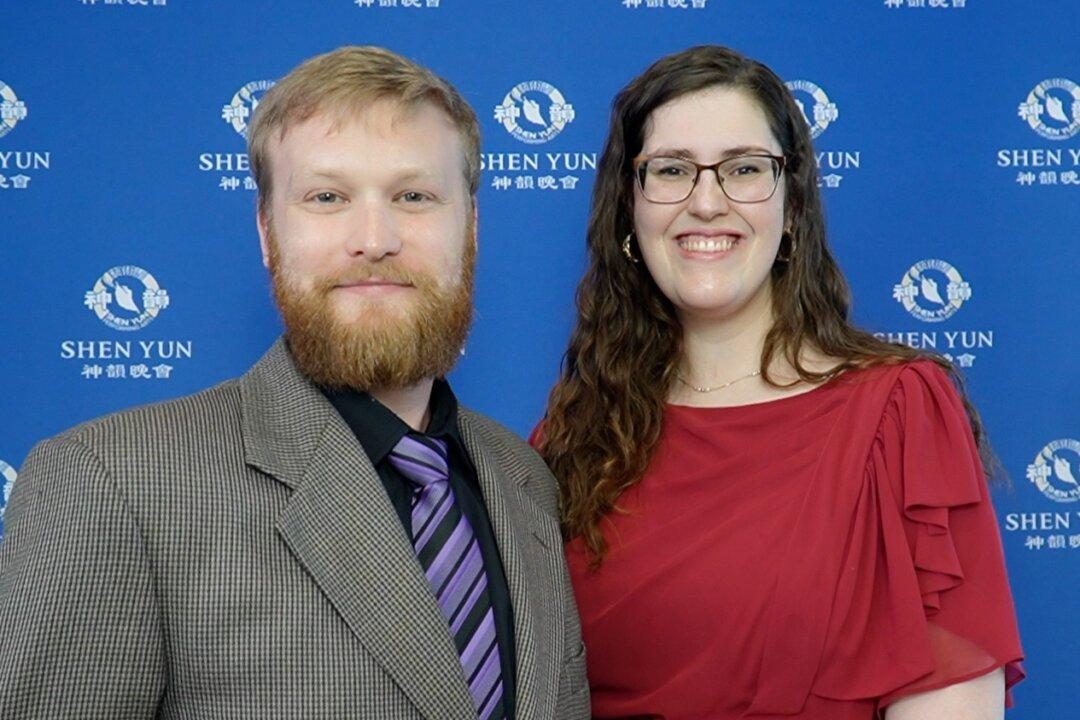A new poll released on Nov. 15—a week after Election Day—has revealed that most voters saw the news media as biased.
The poll, carried out by the conservative-leading Media Research Center in tandem with YouGov, showed 69 percent of “voters do not believe the news media are honest and truthful” and 78 percent also “believe the news coverage of the presidential campaign was biased, with nearly a 3-to-1,” with some 59 percent believing news outlets favored Hillary Clinton over Donald Trump. Twenty-one percent of respondents thought the media favored Trump.
About 32 percent of people who voted for Clinton thought mainstream media outlets were “pro-Clinton,” the poll found. Around 8 percent of Trump voters said they would have voted for Clinton if they believed what the media said about Trump.
And 97 percent of voters said they didn’t let perceived media bias influence their vote, the poll said.
YouGov said that 2,006 voters responded to the poll, which was undertaken between Nov. 9 and Nov. 10.
In July 2016, a Pew Research Center poll found that only 18 percent of Americans have “a lot” of trust in the information they get from national organizations. About 22 percent say the same about local news organizations. And only 4 percent of web-using adults have the same trust in the information they see on social media.
“Democrats are more likely than others to have ‘a lot’ of trust in the information from national news organizations: 27% do, compared with 15% of Republicans and 13% of Independents,” Pew wrote. “Those ages 50+ (22%) are also more likely than those ages 18-29 (10%) and those 30-49 (16%) to trust information from national news organizations a lot.”
